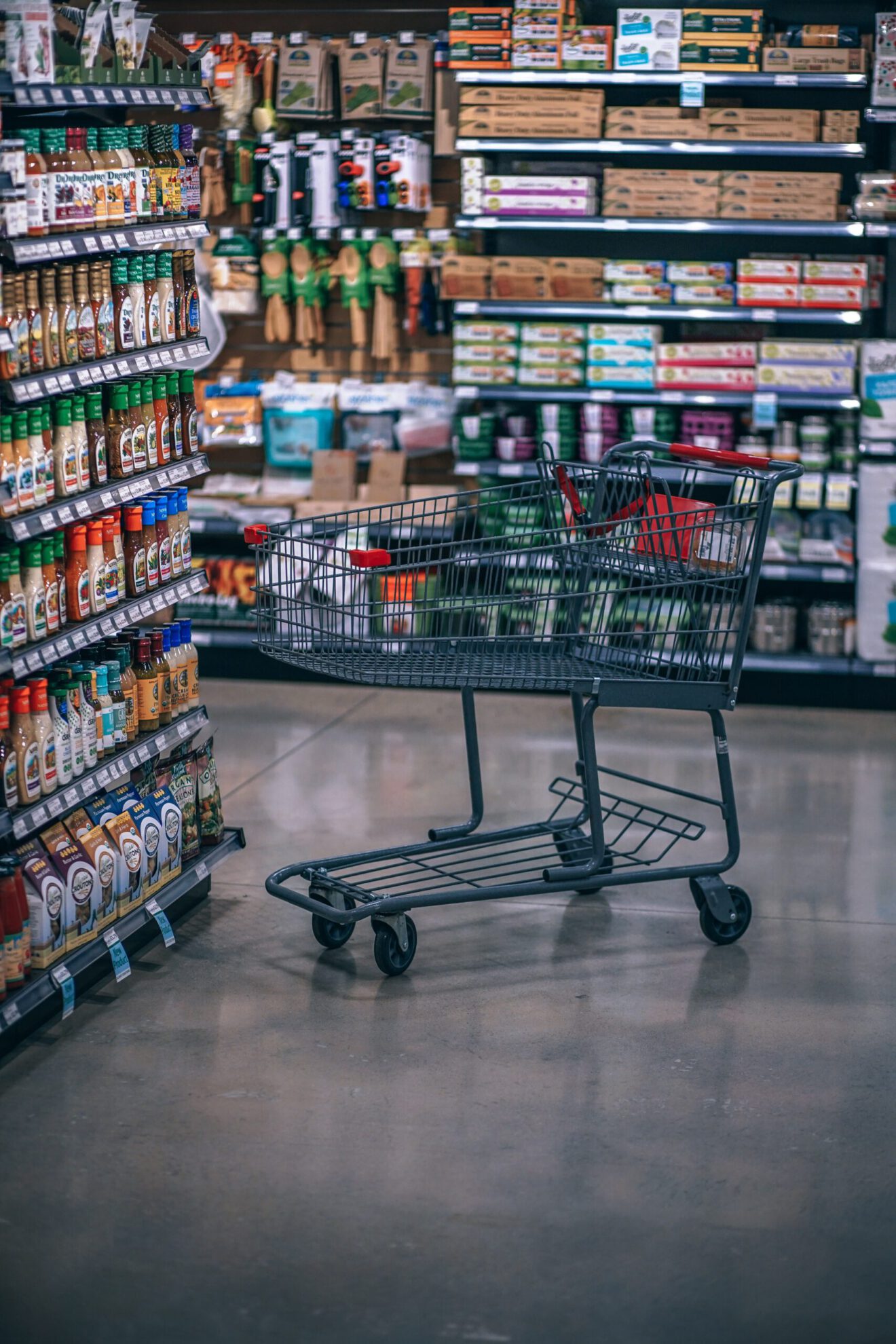Private-label brands and products have come a long way in recent years. Thanks to shifting consumer demands and grocers’ ability to experiment with new and premium offerings, private labels have seen a resurgence in popularity and are beginning to change the way consumers shop.
In fact, Nielsen’s Total Consumer Report from March 2018 found sales of private-label products have been on the rise since 2016. “Retailer-branded, private-label products have surmounted stigmas of value and quality,” reads the report. “In the last year, we’ve seen a complete reversal in growth trajectory compared to manufacturer branded items.”
The consumer shift
Shelley Balanko, senior vice president at The Hartman Group, explains that private-label products offer the quality and trend-leading attributes that today’s consumers are looking for while still being available at a value.
“Consumers are seeking more premium food and beverage experiences across multiple categories and eating occasions,” she says. “Private label has innovated and is speaking to consumers’ desires for freshness; health and wellness needs; culinary values; and expectations for transparency and sustainability.”
Nielsen’s “The Rise and Rise Again of Private Label” report also explains that consumers seek out more budget-friendly private-label products during an economic downturn. Even after a downturn has ended, though, these new shopping habits often remain, which can account for today’s private-label growth.
Indeed, Nielsen found that 71% of respondents in a North American survey say they purchase private-label items to save money, and 62% of shoppers believe private labels are usually an extremely good value for the money.
Private label vs. manufacturer brands
While manufacturer-branded products are seeing growth, private labels are experiencing growth at three times that rate, according to Nielsen.
“In many instances, private-label brands are performing better than national brands because they have contemporized to offer consumers natural and organic offerings in trend-forward formats and flavors,” Balanko explains.
Research from The Hartman Group points to the fact that private brands enjoy more flexibility than manufacturer brands and can more easily pivot to meet changing consumer demands. Private brands have also been able to jump ahead of traditional brands in critical areas such as ingredients, packaging, flavors and preparations.
“They offer the quality and innovation that consumers are seeking,” Balanko says of private-label products, “and they are in a position to take more risks and innovate more quickly than most national brands today.”
Where are the opportunities for grocers?
Though private labels are driving more growth than manufacturer brands, Nielsen found that premium offerings are a clear winner and differentiator for retailers. According to the research, “For store brands, discount offerings represent over 60% of revenue; however, the most value-oriented products have struggled to keep pace compared to double-digit dollar growth of premium products.”
The Hartman Group says fresh perimeter items such as prepared salads and chilled pizza are experiencing growth in private label, in addition to grocery staples such as bottled water, olive oil, honey and pretzels. Items that are gaining ground in the private-label field include ready-to-drink coffee, chips, canned pasta and frozen pizza.
__________________________________________________
If you enjoyed this article, sign up for FMI dailyLead to get news like this in your inbox, or check out all of SmartBrief’s food and travel newsletters, as we offer more than 30 newsletters covering the food and travel industries from restaurants, food retail and food manufacturing to business travel, the airline and hotel industries and gaming.
